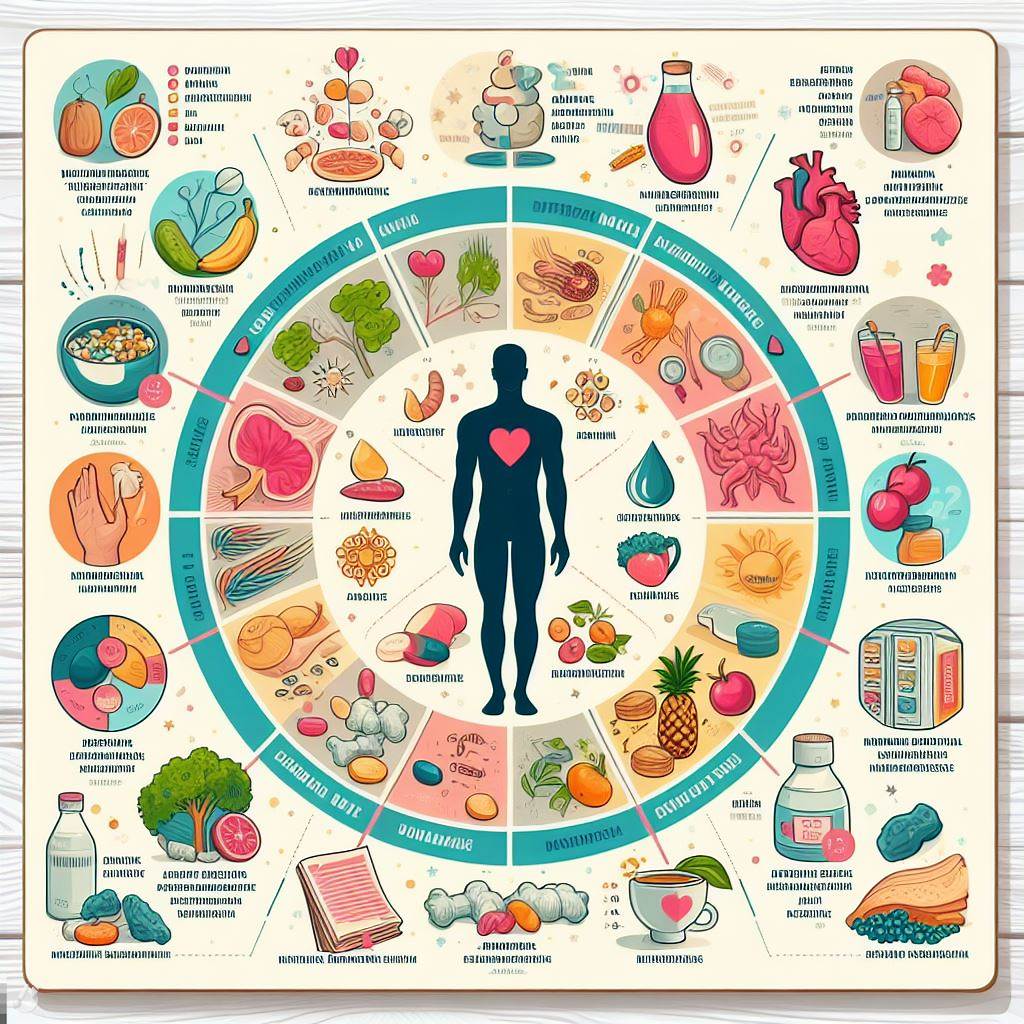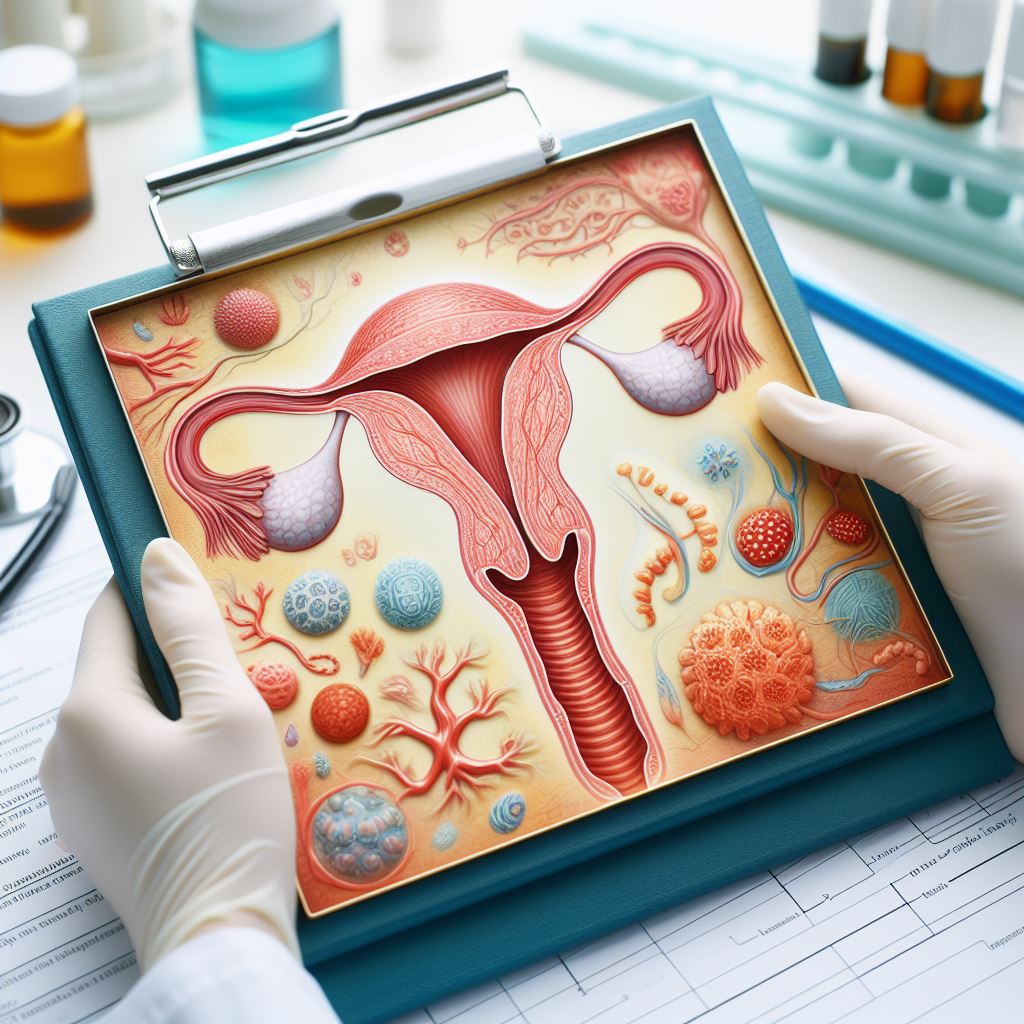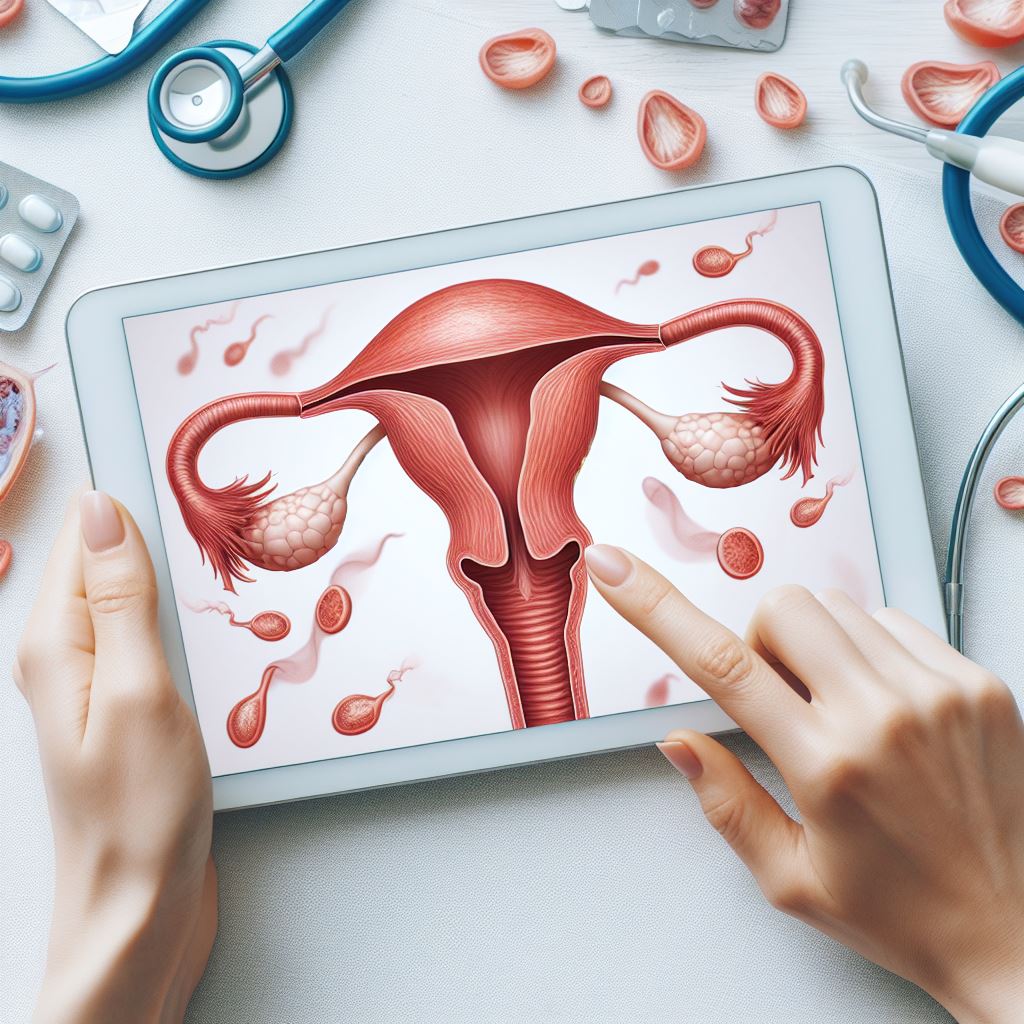Introduction
Nutritional deficiencies can have a significant impact on female fertility. In this comprehensive guide, we will provide general information about the effects of nutritional deficiencies on reproductive health, vitamins, minerals, antioxidants, omega-3, folic acid, vitamin D, iron, infertility treatment, infertility causes, and infertility prevention. This guide is intended for women who are experiencing fertility problems and want to learn more about how nutritional deficiencies can affect their reproductive health.
Reproductive Health and Nutritional Deficiencies
Nutritional deficiencies can affect reproductive health in women. Vitamins, minerals, and antioxidants are essential for maintaining reproductive health. Omega-3 fatty acids, folic acid, vitamin D, and iron are also important for female fertility 1.
Vitamins and Fertility
Vitamins are essential for maintaining reproductive health. Vitamin C, vitamin E, and vitamin A are antioxidants that can help protect the reproductive organs from damage caused by free radicals. Vitamin B6 and vitamin B12 are important for regulating hormone levels and promoting ovulation. Vitamin D is essential for maintaining healthy bones and regulating the menstrual cycle 2.
Minerals and Fertility
Minerals are also essential for maintaining reproductive health. Iron is important for maintaining healthy blood flow to the reproductive organs. Zinc is important for regulating hormone levels and promoting ovulation. Selenium is important for protecting the reproductive organs from damage caused by free radicals 3.
Antioxidants and Fertility
Antioxidants are important for maintaining reproductive health. They can help protect the reproductive organs from damage caused by free radicals. Antioxidants such as vitamin C, vitamin E, and beta-carotene can help improve fertility in women .
Omega-3 and Fertility
Omega-3 fatty acids are important for maintaining reproductive health. They can help regulate hormone levels and improve blood flow to the reproductive organs. Omega-3 fatty acids can also help improve the quality of cervical mucus, making it easier for sperm to reach the egg for fertilization .
Folic Acid and Fertility
Folic acid is important for maintaining reproductive health. It can help prevent birth defects in the baby and improve fertility in women. Folic acid can also help regulate hormone levels and promote ovulation .
Vitamin D and Fertility
Vitamin D is important for maintaining reproductive health. It can help regulate the menstrual cycle and improve fertility in women. Vitamin D can also help maintain healthy bones and prevent osteoporosis .
Iron and Fertility
Iron is important for maintaining reproductive health. It can help maintain healthy blood flow to the reproductive organs and prevent anemia. Iron can also help regulate hormone levels and promote ovulation .
Infertility Treatment
Infertility caused by nutritional deficiencies can be treated with supplements to correct the deficiency. In some cases, dietary changes may be required to improve the intake of essential vitamins and minerals. In addition, infertility caused by nutritional deficiencies can be treated with medications to regulate hormone levels and promote ovulation .
Infertility Causes and Prevention
Nutritional deficiencies are just one of the many causes of infertility in women. Other factors that can affect female fertility include age, hormonal imbalances, ovulation disorders, and structural problems in the reproductive organs. Preventing nutritional deficiencies is key to maintaining reproductive health and preventing infertility. Eating a healthy diet that includes a variety of fruits, vegetables, whole grains, lean proteins, and healthy fats can help prevent nutritional deficiencies and improve fertility .
Conclusion
Nutritional deficiencies can have a significant impact on female fertility. Vitamins, minerals, antioxidants, omega-3, folic acid, vitamin D, and iron are essential for maintaining reproductive health. If you are experiencing fertility problems, it is important to talk to your doctor about the possible causes and treatment options. With the right treatment and prevention strategies, you can improve your chances of conceiving and maintaining a healthy pregnancy






